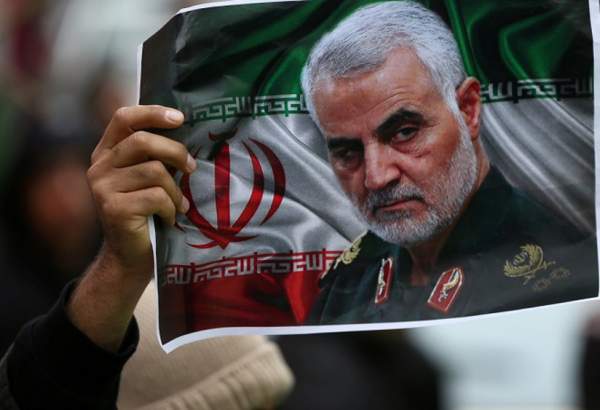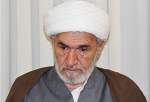General Qassem Soleimani’s life and martyrdom are a testament to his unyielding commitment to his country and his fight for justice in the face of overwhelming odds. While the U.S. and Israel may have viewed him as an adversary, Soleimani’s legacy is celebrated in the hearts of those who saw him as a champion of the oppressed nations. His courage and dedication continue to inspire generations, ensuring that his name will forever be etched in the history of Iran and the broader Middle East.
17 Apr 2025
- Malaysian Islamic center urges US Senator not to sanitize history of Israeli atrocities in Gaza
- “Imam Reza shrine convoys boost Islamic unity”, cleric
- Cleric warns against repercussions of schism, distancing from holy Qur’an
- Maldives bans entry of Israelis in support of Palestine
- Iran slams Israeli war crimes in Gaza, West Bank
- Over 1,500 Israeli Armored Corps Soldiers Call for an End to the Gaza War and the Return of Captives
- More than 70% of Gaza schools directly hit by Israel: UN agency
- Shifa Hospital in Gaza Faces Challenges in Caring for Injured Patients Following Destruction of Last Fully Operational Hospital by Israel
- Hamas ready to release Israel captive if end to Gaza war ‘guaranteed’
- Leader receives judiciary officials on occasion of Persian New Year (photo)












